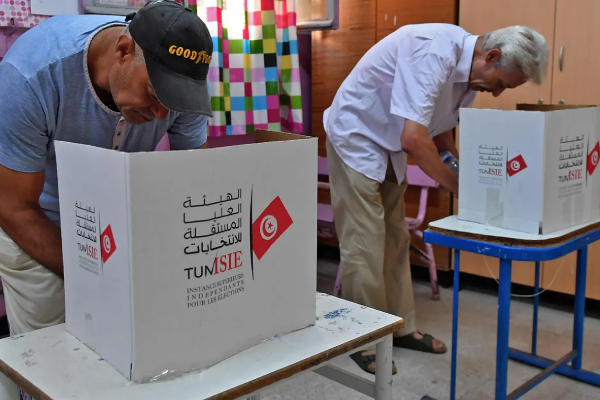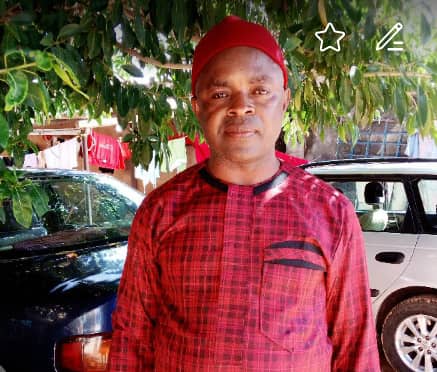Tunisians on Monday went to the polls on a new constitution supported by President Kais Saied, which has been criticised for giving his office virtually unchecked authority and posing a threat of establishing an autocracy in the country that gave rise to the Arab Spring.
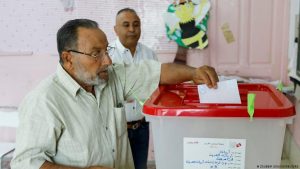
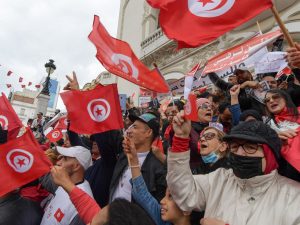
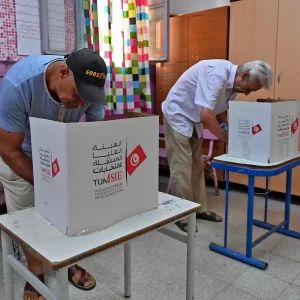
Polling stations all over the nation opened their doors to a total of 9,278,541 registered voters at 6:00 a.m. local time.
Voting will go on until 10:00 p.m., with the exception of six western provinces where it began at 7:00 a.m. and will end at 6:00 p.m.
While observers have predicted that most Tunisians will boycott the election, few people doubt that the charter will pass despite the boycott call from his opponents.
According to the Independent High Authority for Elections (ISIE), a total of 4,832 voting centres and 11,614 polling stations are open to voters.
The ISIE would make the preliminary results public on Tuesday, but the final results would not be announced until the deadlines for appeals had passed, but no later than August 28.
The referendum comes exactly a year after Saied deposed the government and shut down parliament in a power grab that his opponents labeled a coup.
However, many Tunisians who were tired of the country’s protracted economic crisis, political unrest, and a system they believed had done little to improve their lives in the ten years since the overthrow of dictator Zine El Abidine Ben Ali in 2011 welcomed his actions.
Following that, he formed a new government and dissolved both the parliament and the Supreme Judicial Council.https://www.tvcnews.tv/2022/07/nimet-warns-north-east-south-west-states-of-heavy-rainfall/
Mr Saied declared in December of last year that a constitutional referendum for a “new republic” would be held in July.

